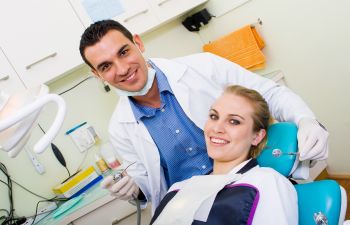Your saliva plays an important role in your dental health as its protective properties have been long recognized by dentists and researchers. Specifically, saliva can help to protect teeth from tooth decay caused by the buildup of bacteria in your mouth. However, a new study conducted by researchers at Harvard University and Massachusetts Institute of Technology sheds some new light on the role of saliva in your dental health.
The study was published in the journal Applied and Environmental Microbiology. It looked specifically at salivary mucins: the large glycoproteins that comprise the 0.5% of saliva that is not watery. Previously, it was thought that salivary mucins did little more than keep the mucus in saliva slippery and elastic, contributing to its gel-like properties. However, this study showed that instead of killing the Streptococcus mutants over a 24-hour period as was originally expected, the salivary mucins play a different type of protective role. The study found that the salivary mucins keep the bacteria suspended in a liquid medium. This, in turn, reduced their ability to form biofilms on the teeth. This is clinically significant as Steptococcus mutans only causes tooth decay and cavities when it is attached to the teeth’s surface (in a biofilm).
Researchers suggest that the findings of this study may support boosting the body’s natural ability to fight cavities over other external methods. However, more research is needed to make any type of conclusions. One thing is certain and that is the fact that saliva plays a very key role in your dental health. If you experience dry mouth on a regular basis as a side effect of a medication you are taking or for any other reason, talk to your dentist today. If your mouth is not producing enough saliva, it may put your dental health at risk. Your dentist can recommend treatments that can help to bring your saliva production up to normal levels.














